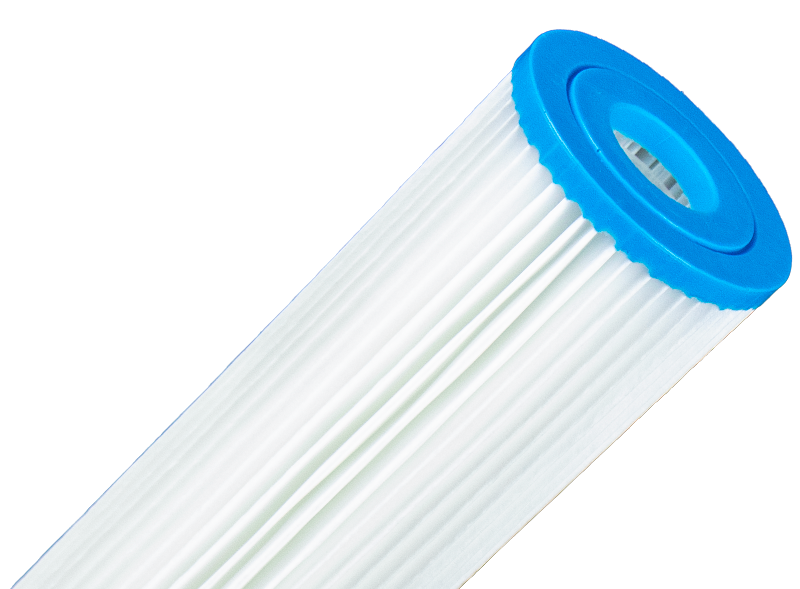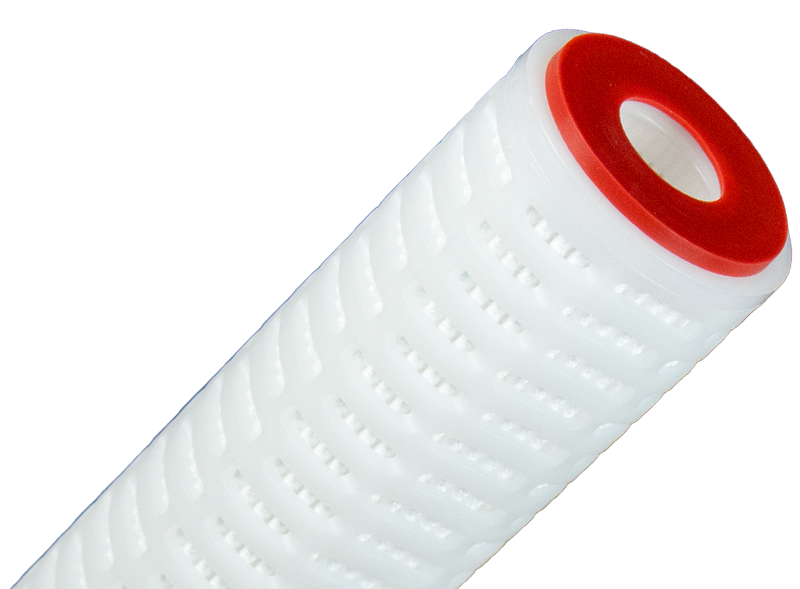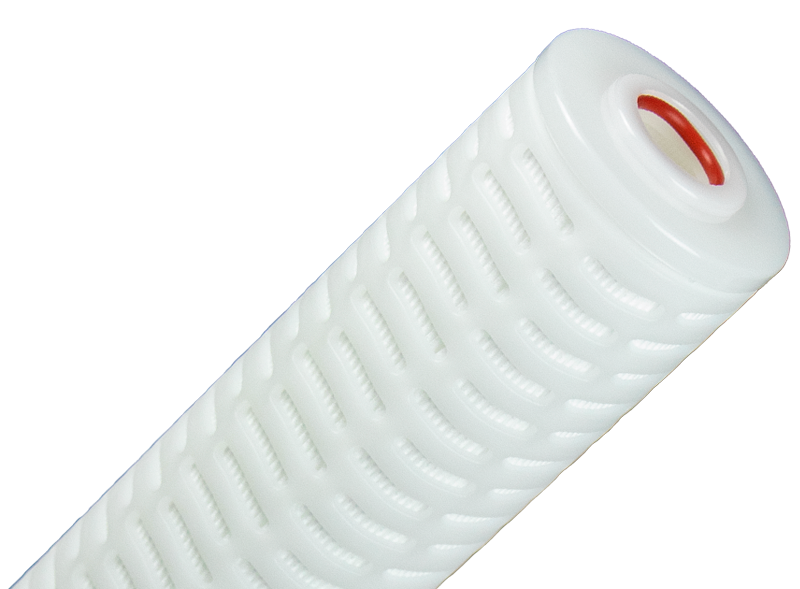With the latest release of the HSE Business Plan for 2018/19, here we look at what this means for individuals and organisations and how this will affect us all moving forward.
The main purpose of the HSE is to prevent work-related death, injury and ill health through a broad range of regulatory actions – from influencing behaviours across whole industries through to targeted intervention with individual businesses.
For 2017/18, the HSE delivered a programme of targeted interventions focusing on the control of high-consequence risks from legionella in evaporative cooling systems. Their priority for 2018/19 is the same, however looking at legionella preventatives in different areas.
As part of their targeted programme, the HSE plan to deliver inspection campaigns to third parties providing services to control legionella risks, including water treatment contractors, legionella risk assessors and cleaning contractors.
As standard, Health and Social care providers should carry out a full risk assessment of their hot and cold water systems and ensure adequate measures are in place to control the risks. However, with the latest budget release, a portion will be allocated to this campaign and the board will be cracking down on the management of Legionella with implementations such as pipework checks and water testing. The main aim is to reduce the likelihood of high-impact catastrophic incidents such as a breakout of Legionnaire’s disease.
As you may know, Legionnaires’ disease is a potentially fatal type of pneumonia, with older adults, smokers and people with weakened immune systems being particularly susceptible to Legionnaires’ disease. This can be contracted by inhaling airborne water droplets containing viable Legionella bacteria. Such droplets can be created by hot and cold water outlets, wet air conditioning plants and whirlpool or hydrotherapy baths. The aim of the targeted interventions of HSE will aim to ensure that a worst-case scenario such as a breakout is not experienced and that the relevant preventatives are put in place to ensure this does not happen.
What does this mean for individuals and organisations?
We want to get ahead of the game and educate our customers about the importance of regular testing and preventative measures such as shower and tap filters, that can be put into place prior to a positive legionella count. Water samples should be analysed for legionella periodically to demonstrate that bacteria counts are acceptable. The frequency should be determined by a level of risk, in accordance with the risk assessment.
Although there may not be an immediate requirement for shower and tap filters due to existing control measures, the benefit of having product available can sometimes be the difference between a life and death situation.
How can we help you?
We keep the equivalent of 3 months of stock to ensure support for emergency situations where our aim is to get products to you in a maximum of 24 hours. Our vision of added value is also supported by the investment of the Life Sciences Department: A division who specialises in the provision of process filtration and water treatment solutions specifically for biological sciences such as Hospital, Pharmaceutical, Dentist and Veterinary. You can meet the Life Sciences division here or you can make an enquiry via the form below.
We offer dedicated, in-house knowledge with over 20 years’ experience of filtration within the team backed with our 24/7 hotline (01622 684999), we can assist you in the prevention of legionella before it’s too late.





















